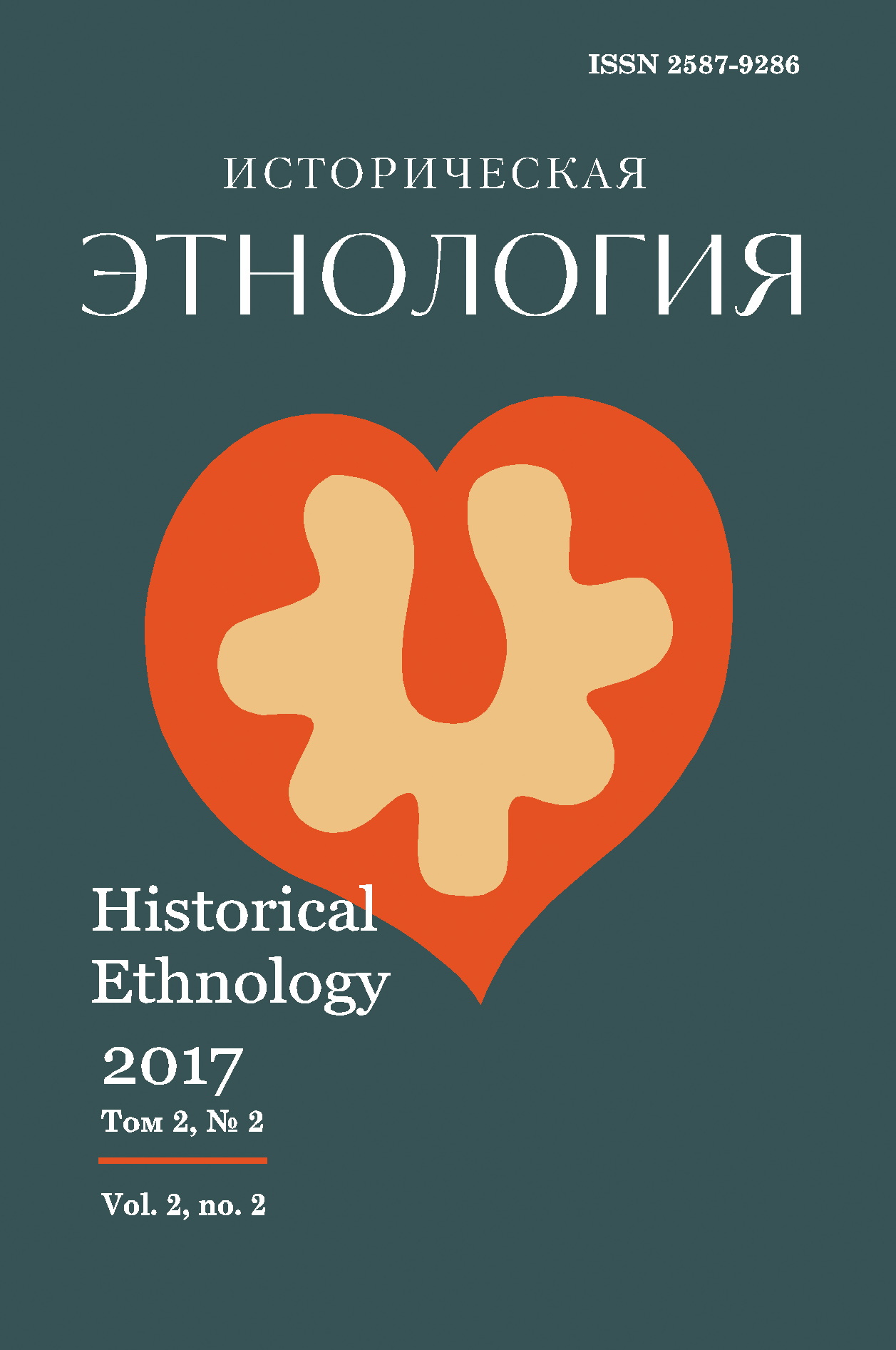
Main menu / 2017, vol.2, no.2 / K.A. Ozerova
Image of the Volga Bulgaria and social memory: strategies of the politics of memory in regional context K.A. Ozerova
258-272 p. Social memory, considered within the constructivist approach, is a space of meanings and values associated with the images of the past and its interpretation in relation to present events. In most cases, past events are actualized to build and maintain the perceptions of the identity of an ethnic group or a specific territory. Social memory is a structure independent of consciousness and will, capable of stimulating certain actions and aspirations of the people, but in the structure of established social practices of agents. Such agents are state, social institutions and individual public identity. The article describes the case of a memory about the Volga Bulgaria in the Republic of Tatarstan. It reveals the basic strategies of the politics of memory about this period and also meanings and values in the context of the reagion’s cultural life, which are actualized by means of referring to the image of the Volga Bulgaria Keywords: social memory, politics of memory, ethnic identity, Tatarstan, Volga Bulgaria
REFERENCES 1. Alexander J. Kul’turnaya travma i kollektivnaya identichnost’ [Cultural Trauma and Collective Identity]. Sotsiologicheskiy zhurnal – Sociological Journal, 2012, no. 3, pp. 5–40. (In Russian) About the author: Karina A. Ozerova is an Assistant of the Department of General and Ethnic Sociology, Institute of Social and Philosophical Sciences and Mass Communications, Kazan (Volga Region) Federal University (35, Kremlevskaya St., Kazan 420008, Russian Federation); karina-usm@yandex.ru
|
Istoricheskaya etnologiya Historical Ethnology
Scientific journal







